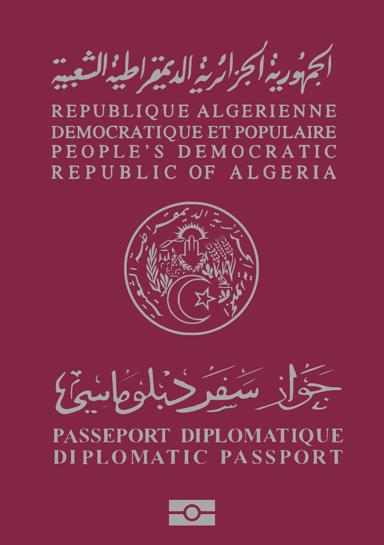Visa free access for Algeria
As an Algeria passport holder, you are permitted to travel visa-free to 97 countries and territories. This data is correct as of March 2024.
In order to travel visa-free, you will need a valid passport, often with at least six months until expiry. Additionally, you may need travel insurance, as required by your destination country.
Within these countries, there is often a separate section in airports where you can submit your Visa on Arrival. You will receive your visa on arrival (VOA) after entering the country that issued the visa.
Acquiring an eVisa follows the same process as applying for a traditional visa. The main difference with an eVisa is that you don’t need to visit a visa application centre. You can submit your application online, including making any payments relating to the visa.
Once the relevant authorities approve your application, you will receive a confirmation email regarding your visa status, along with a document that you must print and bring with you when crossing the border.
You will need a valid visa to enter the 97 countries with an Algeria passport.
About Algeria
Algeria, located in North Africa, is the largest country on the continent and the tenth largest globally. It boasts a population of over 40 million people, with a rich cultural history influenced by Arab, Berber, and French traditions. The official languages are Arabic and Berber, but French is widely spoken due to historical ties.
The country’s climate varies greatly, from the hot, dry Sahara desert in the south to the temperate Mediterranean climate in the north. The capital, Algiers, enjoys mild, wet winters and hot, dry summers. The Sahara region is one of the hottest places on earth, with temperatures often exceeding 50°C.
Algeria’s economy is heavily reliant on oil and gas exports, which account for over 90% of export earnings. However, the government is making efforts to diversify the economy, with a focus on the agricultural and industrial sectors. Despite the wealth from oil and gas, Algeria still faces significant socio-economic challenges, including high unemployment rates, particularly among the youth.
Algeria’s rich history is reflected in its seven UNESCO World Heritage sites, including the Roman ruins at Timgad and Djemila. The country’s cuisine, music, and arts are a vibrant mix of Berber, Arab, and French influences, offering a unique cultural experience for visitors.

 Algeria
Algeria




































































































































































































